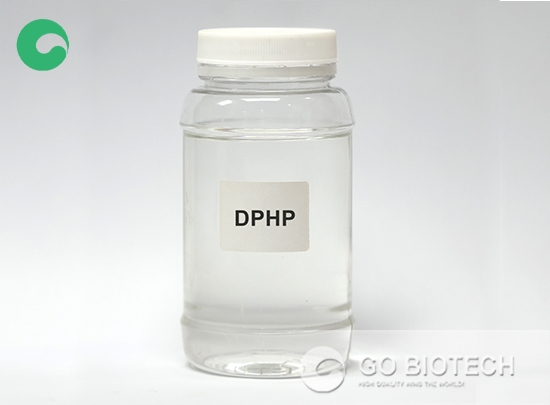As a seasoned expert in the automotive industry's material applications, I have observed the noteworthy impacts of DPHP (Dioctyl Phthalate) on automotive components and interior materials. This high-performance plasticizer is not only redefining the standards but also addressing critical performance parameters.
One of the standout features of DPHP is its low volatility. In practical terms, this means that when integrated into automotive parts, it significantly reduces the emission of harmful substances, providing a safer environment within the vehicle's cabin. Furthermore, its excellent heat resistance ensures that components retain their integrity under extreme conditions, crucial for modern-day vehicles that operate under diverse climatic scenarios.
Moreover, DPHP exhibits remarkable adaptability to low temperatures, making it suitable for use in various climates. This quality not only enhances the performance of automotive interior materials but also ensures longevity, minimizing the need for frequent replacements.

In conclusion, the incorporation of DPHP in automotive manufacturing is more than just a trend; it is a crucial step towards enhanced vehicle performance and safety. As we continue to innovate and refine our materials, DPHP stands out as a cornerstone for achieving these goals, ensuring that the vehicles of tomorrow are both efficient and safe.
